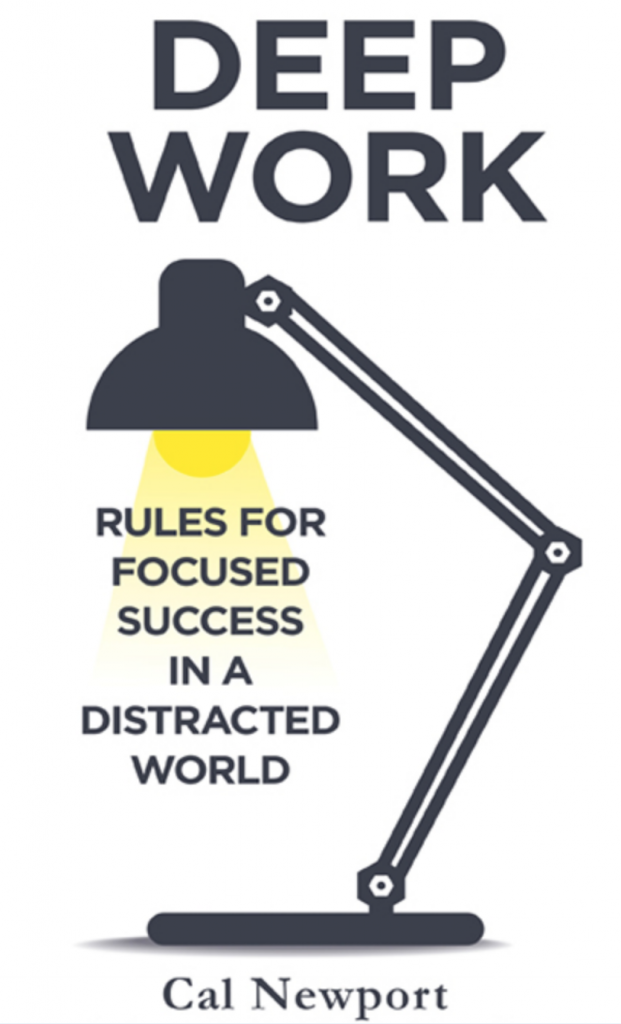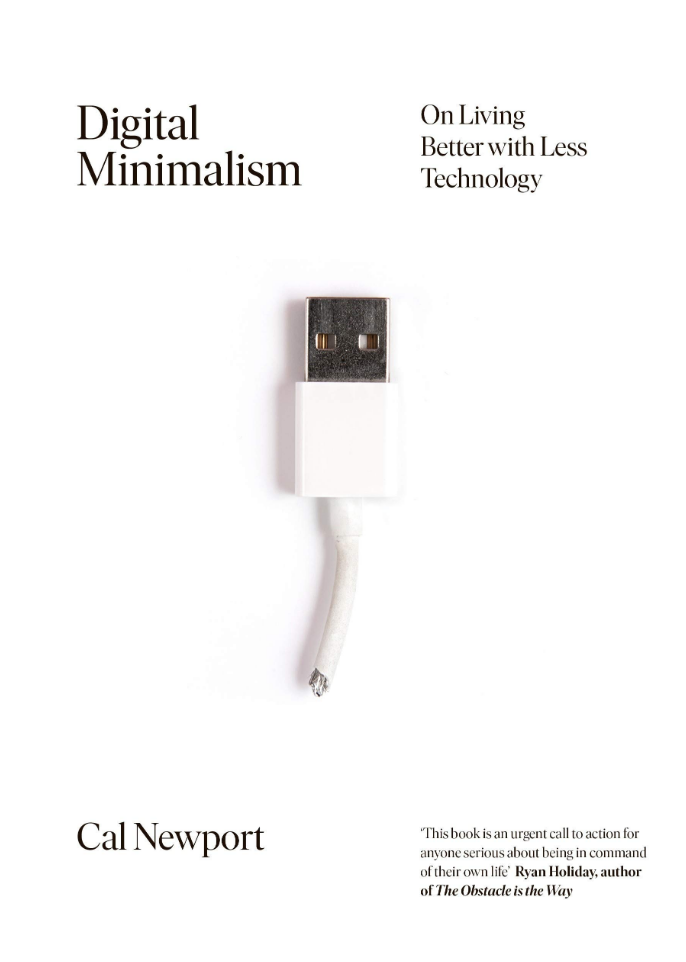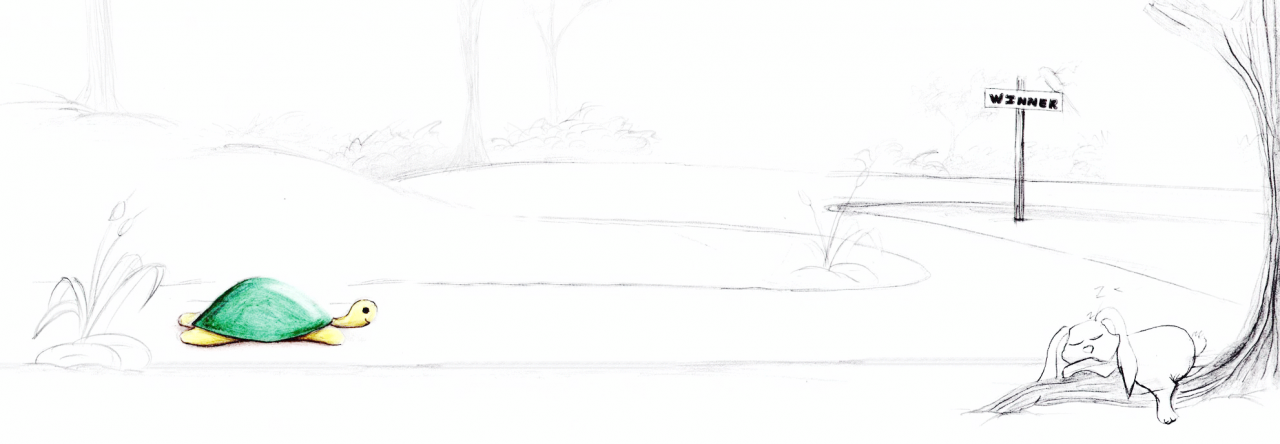What do we know so far…
- Every single piece of information is a data point.
- Very few data points are privileged to become an actionable data point, something that can be used to make a decision.
- What happens to the remaining data points? They either get accumulated in a large heap of some trend or are ruthlessly forgotten by us for not being relevant.
The commentary on Digital Minimalism seems radical to a regular social media user. Cal Newport has brought a refreshing perspective to this through his books Deep Work & Digital Minimalism.


To oversimplify the minimalist approach –
‘When we lack the discipline to curate our data consumption, why do we repeatedly expose ourselves to more & more information?’
“We should take periodic breaks from consuming data & go on an information detox.“
Somehow this logic of periodic abstinence is easy to understand if we look at it from a medical point of view. For a diabetic person, not eating sweet stuff is a logical expectation. There are a lot of diet plans for the gut but sadly no reliable diet plans for the brain.
We don’t have a template we can rely upon & say that a specific plan will have particular tangible mental benefits. Also, at different stages of complexity of work we may sometimes need to increase the amount of data consumed. In nutrition terms, consume more protein to grow muscle by exercising.
There’s a good reason that such diet plans for the brain do not exist. Despite a lot of neuroscience research we’re still not entirely sure how our brains works. How do we really convert attention & stimuli of information, into decision making & long term association is still an evolving science.
This leads us to use inexact tools to regulate our behaviour around information. We do have some tried & tested techniques though, which help us to learn how information turns into actionable insights.
On this topic, I’ve not come across any better post than Prof Bakshi’s post on information processing.
Here are a few things I’ve learned so far from others & myself…
- Spaced repetition
If we want to learn something & create a long term mental association with it, nothing works better than repeating that information again & again at different intervals. With each repetition the context may have evolved which may allow us to form some long term association. Here the quantity & quality of the content that gets repeated matters a lot. Usually our notes on various topics or previously highlighted material can be revisited in this format.
In the quicksand of infinite scroll we don’t get a chance for repetition. We are always seeing new stuff in our timelines. It’s a horrible way to learn something.
Just like we rarely become life long friends with someone who we have met only once in a specific context, we might need spaced meetings under different social contexts to truly know someone better & create a long term friendship.
- Active Engagement
When it comes to the matter of explaining the working of our mind, it may be best to use analogies.
Like a potter who has to actively shape the clay while it’s spinning on the wheel or a car whose accelerator has to be pressed to get forward momentum, we may need to constantly engage with ourselves & our thoughts to see if we have truly understood something.
I encountered the idea of “Illusion of Explanatory Depth” for the first time, in the book The Knowledge Illusion.

It is a great tool to figure out how much we have understood & retained a particular concept. It forces us to retreat to humility when we’re unable to explain that concept in greater detail. Like Jana says here, ‘If we want to master something, teach it‘ (sometimes even to ourselves).
It can act as an indirect benchmark of how effectively we can pay attention & learn.
- Positive Reinforcement
We may need to periodically course correct when we are deviating from what we want to achieve. When we catch ourselves, passively scrolling it is necessary to pause immediately & get back on track.
The most common reaction to getting caught while passive scrolling is either of guilt or disgust for our bad data consumption habits. That’s a negative reaction to our action. Trying this very old psychological technique used to influence behaviour in test subjects, we can use Positive Reinforcement to make sure that netting off the effects of bad digital behaviour, we still come up ahead & build good practices.
The aim for any information processing activity is to create actionable insights. Stuff that will help us make a decision. Not everything is immediately useful but learning that it exists, helps. Knowing that it exists it can be then modelled into template to build our understanding on top of that. There’s only a limited way to calibrate our behaviour to become better at this, but it is not all hopeless as the world would have us believe.

Leave a Reply